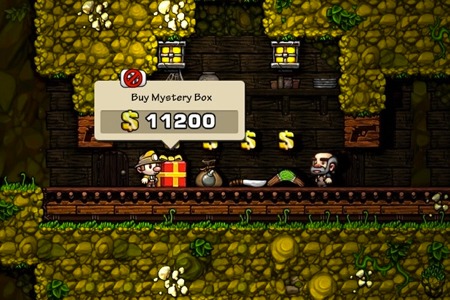July 20, 2012
This is an account of some wonderfully subtle 1950s and 60s public housing in Norfolk:
Tayler and Green, two architects who uprooted themselves from the demi-monde of the Architectural Association and London in the late 1940’s and settled in Lowestoft of all places. From here, their practice developed an impressively consistent body of work, some 700 houses for a single client - Loddon District Council. These houses, unremarkable in some ways, still stand as an exemplary way to build sensitively and well in the countryside. What’s more they represent an itinerant strain of modernism that embraced decoration and ornamentation as well as an interest in everyday life. Built largely in the 1950’s and 1960’s you could call them an architectural equivalent of the kitchen sink realism prevalent at the time in British films and literature.



